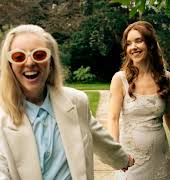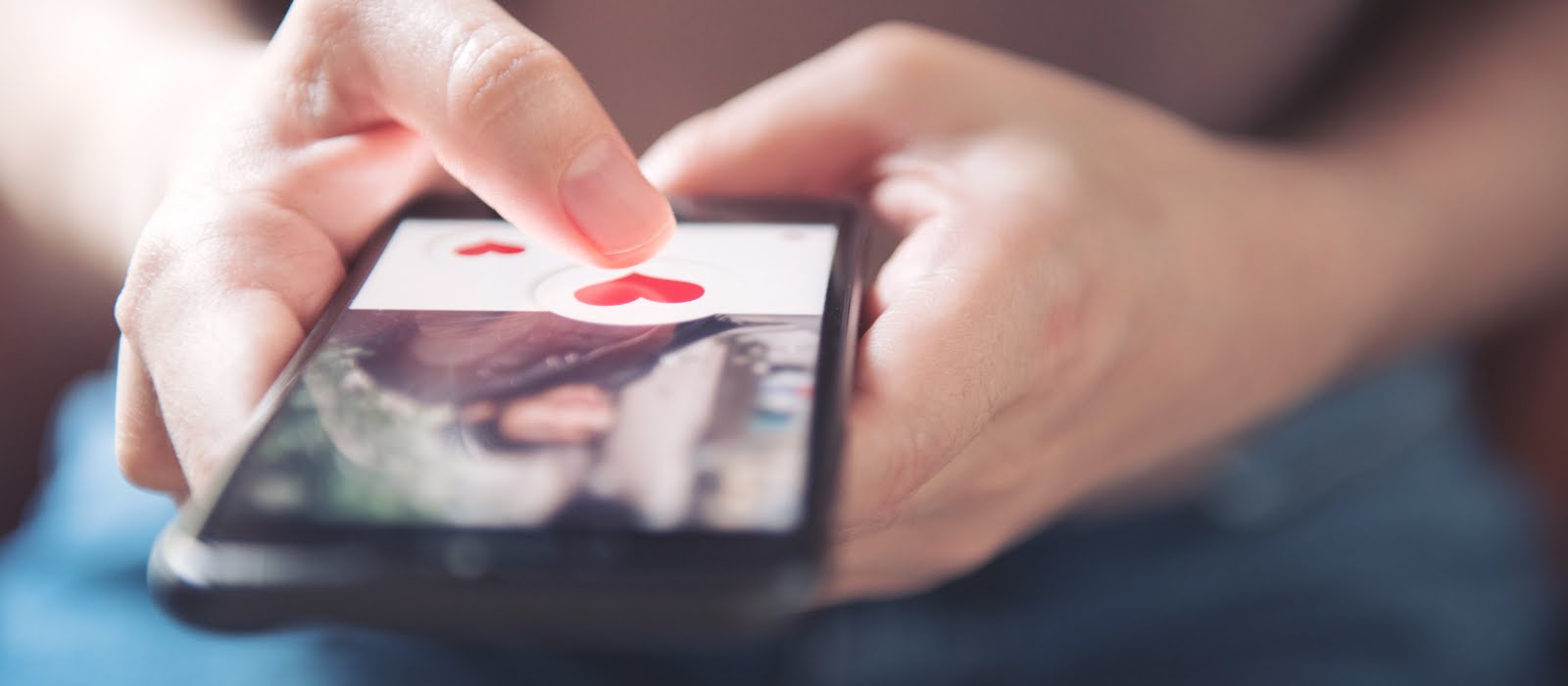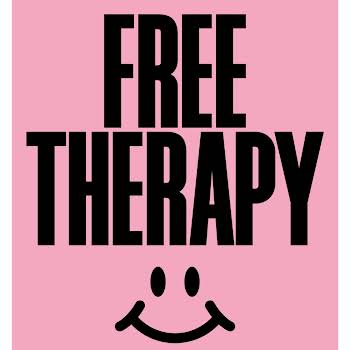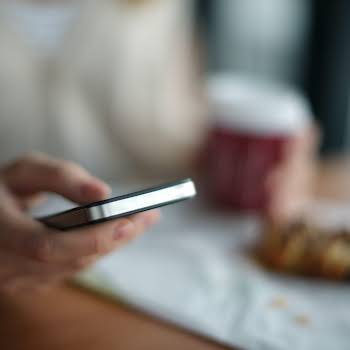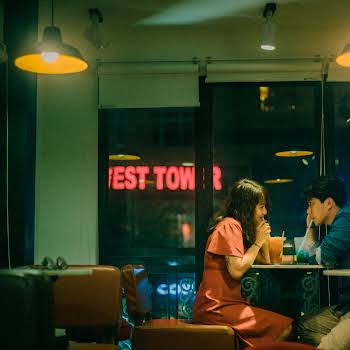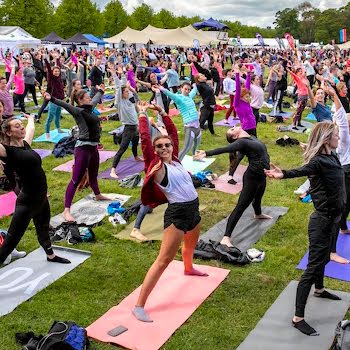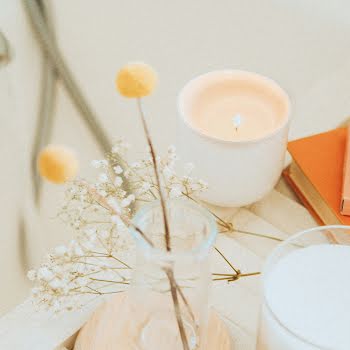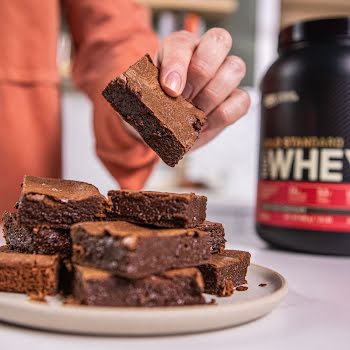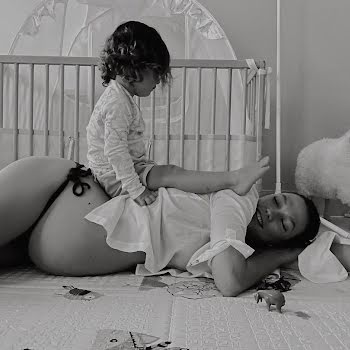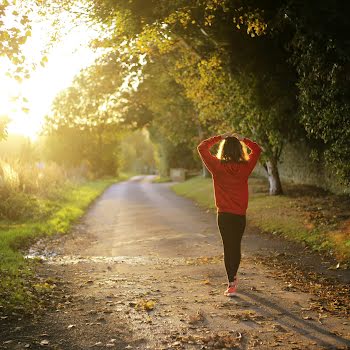
Canva
Is rejection mindset, aka ‘but what if it could be better?’ ruining online dating?
I love to proudly announce: "I would never ghost someone, it's just not the grown up thing to do", but the truth is, I fall into the subcategory of ghosting which I will coin the "fade away".
Fade away (verb), definition: Assuming the other person will magically be able to tell that you 1. Have gotten the ick for them 2. No longer have the bandwidth to date them 3. Have met someone else 4. Have realised you have literally nothing in common 5. Have started playing the banjo and are focusing on that instead of living externally.
The key part of the “fade away” is the assumption that you will know by their very slight change of textal tone that they do not want to hear from you again. They will continue to drip-feed texts to avoid having an uncomfortable conversation about their newfound lack of interest. I mean, why be upfront when you can be aloof and distant, right?
Jury: I am the victim of a recent fade away (!) and only by becoming a victim of a fade away have I realised that it’s exactly what I have been doing with conquests that were not tickling my fancy. Letting weeks and weeks pass of sending half-hearted messages, and confused signals. Keeping the door ajar just in case I changed my mind. I’m guilty. I plead guilty. Take me to the cellar! The fade away, also known as “pulling a Casper”, because it’s a ‘friendly ghost’ as opposed to unleashing a cold turkey withdrawal from another person is not a new trend, but it’s ramping up among our generation.
With a newfound awareness of the cruel, harsh realities of a fade away, it seems that all of my peers are in the midst of fading away or being faded away from. Thus ensues the checklist:
Maybe they’re going through something?
Maybe their phone fell down the toilet for two days – oh but they did post on Instagram…
Maybe they… died?
On a call to a bestie recently, a call dedicated to schooling me through the feelings of being totally hoodwinked by the fade away, she said something that has really stuck with me: “The bare minimum bar is so low, it’s literally underwater.” It left me wondering whether we have all evolved into non-communicative smartphone-wielding jerks? Maybe we’re simply fickle, or just reeling from the world around us so we’re controlling the controllables as best we can?
I decided to do the research so you wouldn’t have to, which is where I learned about the “rejection mindset.”
According to a recent study in the Netherlands, the more options we have for mates, the more pessimistic and rejecting our outlook is towards finding a new romantic partner. “Thanks to online dating, there are more possibilities to meet new partners than ever before, yet at the same time there have never been more single people in Western society,” according to Pronk, Assistant Researcher at Tilburg University.
The study consisted of creating an app with a Tinder-esque look and feel with the hypothesis of the “rejection mindset” – the more choice we have available to us, the less likely we are to find “the one”, and feel positive about doing so. There were 315 participants divided into two groups. Each group was shown either 45 or 90 pictures of potential partners on a computer screen and told to either press a green heart to accept or a red cross to reject the picture. In both males and females, it was found that green hearts and optimism reign at the beginning of a swiping journey but dwindle as people continuously swipe through their options. The study found that 45 is the magic number when it comes to pictures per day for swiping. This is why the likes of Hinge, Bumble, Tinder and Grindr offer 50-70 likes a day, because it’s enough to get someone hooked, and keep them optimistic. The study suggests that the use of apps activates the “rejection mindset” in most men and women.
Another 2020 study essentially summarises that dating apps, like other social media platforms, are simply quite horrendous for our mental health – with a significant risk for activating anxiety and depression in users.
I have spoken about island fever before, which speaks to the notion that if we didn’t have the apps, we’d likely accept our lot, and maybe even be happier with our lot because we have less of an awareness of different realities that could be ours. Today, we live in a world where different realities could be ours without ever needing to leave the couch because it’s all a swipe away.
Rejection mindset, when it boils down to it, is the feeling of – “This is perfectly fine, but what if it could be better?”
What if I could find someone who has a sense of humour that is more attuned to mine? What if I could find someone with slightly bigger arms or thinner ankles? What if I could find someone who is a little more driven, or has a more interesting job?
I have been off the apps for over a month now and my key findings so far include:
1. I am much more likely to talk to someone I find attractive in real life because I can’t rely on a hungover Sunday couch swiping to do the work for me.
2. I didn’t realise how addictive dating apps are until I started noticing the lack of daily dopamine Hinge notifications that confirmed that YES, someone out there DOES think you are attractive.
3. I miss the content, but I am much happier without the background noise of apps that I love to hate.
Let’s circle back. A couple of months ago, I thought this article was going to be very different. I thought I would be chronicling the agonising reality of finding someone you vibe with, and all of the ridiculous feelings that come with that. Alas the defendant, well, faded away. The person may have robbed me of my time, but more drastically, my fantasy of a cuddly future, but they also gave something back – an awareness that even though it starts in the virtual world, people exist in the real one too, and they deserve better.
So say it with me, everyone; “If I do not want to see someone again, I will say it to their face. Or at least call them.” Case closed.
This article was originally published in March 2022.





